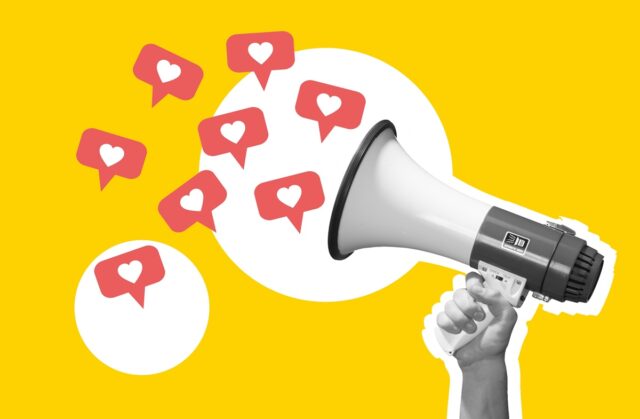April 28, 2025
AI ads drive clicks but also drive customers away, study finds

A new study has uncovered a surprising twist in the world of AI-driven advertising: the more consumers click, the more they fear.
Researchers from the University of Richmond, working alongside BlueHuki CEO Dr. Heather Pressler, found that while ads flaunting artificial intelligence spark higher engagement rates in terms of more clicks and comments, they also stir up negative emotions that could quietly sabotage brand trust.
Their findings, published in the Journal of Advertising Research, paint a more complicated picture of AI’s role in marketing than many brands may realise.
“AI imagery and disclosure can spark curiosity and attention, but they also activate a psychological response rooted in fear,” said Dr. Sara Hanson, one of the study’s lead authors.
She and fellow University of Richmond professor Dr. Jeffrey Carlson coined the term “AI ad salience” to describe how strongly consumers perceive that a machine had a hand in creating an ad. The stronger the sense of AI involvement, the more engagement the ad gets, but the worse people feel about the brand behind it.
The emotional backlash, researchers say, is not negligible. Feelings like discomfort and scepticism can quietly erode trust, which is especially risky for brands in high-stakes fields like law, healthcare, and professional services.
Dr. Pressler, added: “This research reinforces how you use AI in your marketing can impact not just engagement, but trust. For reputation-driven brands, getting that balance right is critical.”
While AI can help extract valuable marketing insights, it might be better to stick to traditional ways of ad-making for the time being.



